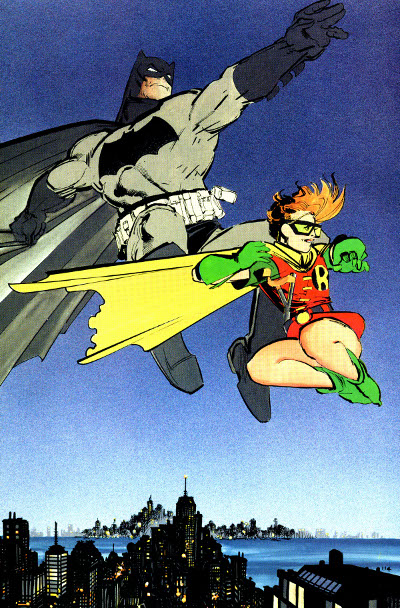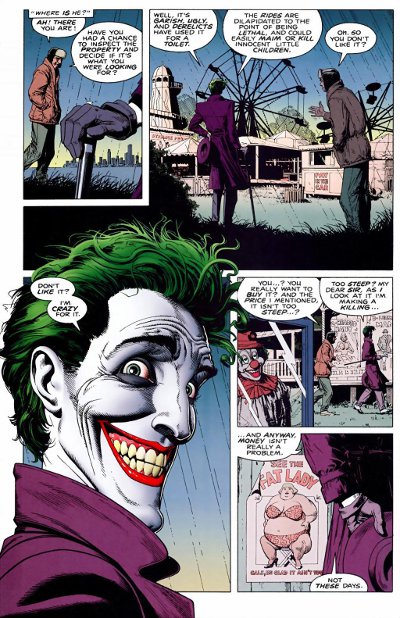The Book Queue
It’s been a long time since I posted a book queue, so naturally it’s been filling up with lots and lots of things that I want to read. For the most part, this is separate from the Hugo Award reading list which I’m also hoping to tackle in the coming few weeks (finishing up novels now, moving to short fiction this week).
- Mission of Gravity by Hal Clement – I really enjoyed Clement’s Needle, so this one seems like a good next step. Often mentioned as a classic of hard SF, I’m looking forward to this one.
- The Player of Games by Ian M. Banks – I started Banks’ loosely connected Culture series a while back and it seems like it gets better as it goes, so this one is up next. I’ve heard great things about the next book in the series, and even though I don’t think you need to read them in order like this, I guess I’m a completist and just want to go in order.
- Jhereg by Steven Brust – Back when I finished up Bujold’s Vorkosigan series of novels and started going through withdrawal pains, I started seeking out a replacement series. Something that would give me that same high. This… has not been a successful effort. I’ve read some decent books, of course, but nothing that quite reached the level of Vorkosigan. Not even close, really. But one of the suggestions I found was Steven Brust’s long running Vlad Taltos novels, of which this one is the first. It’s a fantasy series, so it’s nothing like the Vor novels, but still, I’m willing to give it a chance.
- Startide Rising by David Brin – I read the first novel in Brin’s Uplift series not too long ago, and thought it was fine, but I only really read it so that I could get to this novel, which has a great reputation. And yes, I’m cheating, I’m already in the midst of reading this book. And it’s quite good! More to come!
- Lest Darkness Fall by L. Sprague de Camp – I’m not sure where this one came from, but I’ve heard good things and I’ve never read anything from this author, so there’s no time like the present. Or a few months from now, when I’m more likely to find time to read this…
- Heaven’s Queen by Rachel Bach – I “read” the first two novels in this trilogy last year, but never finished it off… because I was listening to them as audio books and for some reason, this final installment isn’t available on audiobook. So I’ll just have to bit the bullet and read it. Poor me. Still, I’ve greatly enjoyed the series so far, so I’m looking forward to this one.
- The Two-Bear Mambo by Joe R. Lansdale – I will, inevitably, become fed up with SF/F in the near future, so I’ll return to Lansdale’s Hap and Leonard series of Texas crime novels. I’ve read two so far, and greatly enjoyed both, so this third installment is next up…
- Provenance: How a Con Man and a Forger Rewrote the History of Modern Art by Laney Salisbury – And now we move on to the non-fiction phase of the book queue, and this one sounds fun. Art fraud, con men, and so on, what’s not to like?
- The Victorian Internet by Tom Standage – I’ve read excerpts from this novel and greatly enjoyed them. It’s about telegraphs and the stairstep in communication that it represented. It turns out that many of the “strange” things about the internet (another stairstep in communication improvement) have happened before. History repeats itself. Sounds great.
- Time Travel in Einstein’s Universe: The Physical Possibilities of Travel Through Time by J. Richard Gott III – I’m a sucker for time travel stories, and this book goes through some possibilities and supposedly references some fictional stories that I’ve read, so I’ll check this out at some point…
- The Ascent of Wonder: The Evolution of Hard SF edited by David G. Hartwell and Kathryn Cramer – Another cheat! I’ve been reading this for, like, 9 months. Well, not straight. It’s a collection of short stories, so every time I finish a book, I take a break and read a short story or two. It is excellent! There are great stories here, and it seems to be giving a fantastic overview of hard SF throughout the history of SF, ranging from 19th century fiction to the 80s (the book was published in the early 90s). It’s a huge book, featuring stories from all the classic authors and more, but it’s going to take a while to finish. Over 1000 pages and it’s dense, small-type pages so it’ll take a while, but I want to finish it this year.
Well, that should keep me busy for a while, right?

